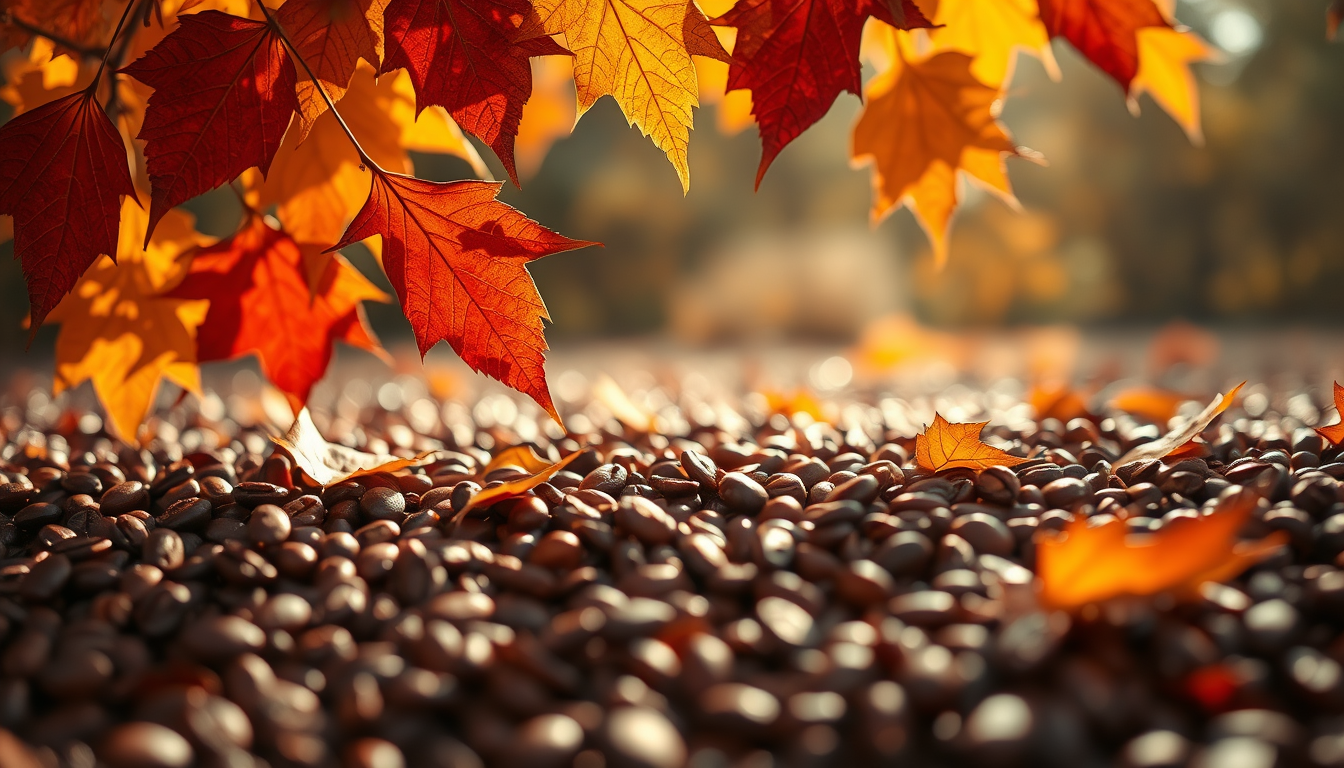What are the Benefits of Drinking Blonde Light Roasted Organic Coffee
Organic coffee is becoming more popular with consumers looking for healthier and environmentally-friendly choices when it comes to beverages. But the question remains, what are the real benefits of drinking organic coffee?
From sustainability practices that reduce environmental impact to health advantages that can increase well-being, this blog post aims to provide readers with an in-depth look into why opting for organic coffee might be worth considering.
With its rich flavor and easy availability, organic coffee makes a great alternative beverage choice — let's explore why!
Health Benefits of Organic Coffee — Improved Taste & Reduced Risk of Disease
Organic coffee has been gaining popularity over the years, and for good reason. Not only does it taste great, but it also comes with a multitude of health benefits. One of the most significant benefits is a reduced risk of disease due to its high concentration of antioxidants, which can help prevent various illnesses such as cancer and heart disease.
In addition to its health benefits, organic creamy vanilla coffee also has a superior taste compared to regular coffee. Its unique flavor profile, which is undeniably rich and complex, can be attributed to the meticulous manner in which it is grown and harvested.
Overall, switching to organic coffee is a simple yet effective way of improving your health and savoring a delicious cup of joe.
Exploring Different Types of Organic Coffee Roasts and Their Unique Notes
For coffee connoisseurs, exploring the world of roast profiles is like delving into a treasure trove of flavors and aromas. Organic coffee roasts range from light, with bright, acidic notes, to dark, with bold, smoky nuances. Each roast has its own unique characteristics that appeal to different palates.
Light roasts, like the American roast, are perfect for those who enjoy the brightness of their coffee and want to taste the nuanced, floral or fruity undertones. Medium roasts, like the City roast, offer a balance between acidity and body, boasting sweet caramel and nutty flavors.
Dark roasts, like the French roast, are for those who prefer a full-bodied, smoky, and bitter taste. Exploring the world of organic coffee roasts is a journey that leads to discovering new and exciting facets of coffee that may surprise even the most seasoned coffee lover!
Learn About the Production Process of Organic Coffee — From Seed to Cup
Organic coffee has become more popular in recent years, as people have become more health-conscious and environmentally aware. The production process of organic coffee is quite different from that of conventional coffee, as it involves using natural methods to grow and harvest the beans.
From planting the seeds to picking the ripe cherries, each stage of the process is carefully monitored to ensure that the coffee is of the highest quality. Once the beans have been harvested, they are processed using methods that do not involve harmful chemicals or pesticides, ensuring that the coffee is free from any harmful residues.
Finally, the coffee is roasted to bring out its unique flavor and aroma, creating a rich and satisfying cup of coffee. Learning about the production process of organic coffee is not only fascinating but can also help you appreciate the effort and care that goes into producing this delicious beverage.
How to Make Your Own Delicious Blonde Light Roasted Organic Coffee Brews at Home
Making your own cup of organic coffee at home is easier than you might think. Here are a few simple steps to help you create the perfect brew:
-
Choose Your Beans:
Start by selecting high-quality organic coffee beans. Look for beans that are fresh and have a roast date within the past month. Be sure to choose a roast profile that suits your taste preferences. -
Grind Your Beans:
Once you've selected your beans, it's time to grind them. Use a burr grinder to ensure a consistent grind size. Choose a coarser grind for French press or a finer grind for espresso. -
Measure Your Coffee:
Measure out the desired amount of coffee for your brew. A general rule of thumb is to use two tablespoons of coffee for every six ounces of water. Adjust the amount of coffee to your liking. -
Boil Your Water:
Heat fresh, filtered water to just below boiling point. Avoid using tap water, as it can affect the taste of your coffee. -
Brew Your Coffee:
Add the ground coffee to your brewer of choice and pour hot water over the grounds. Allow the coffee to steep for 3-5 minutes, depending on the roast profile and grind size. -
Enjoy Your Organic Coffee:
Once your coffee is brewed, pour it into your favorite mug and savor the rich, complex flavors of your delicious organic coffee.
The Environmental Impact of Growing, Harvesting, and Brewing Organic Coffee
Organic coffee has become increasingly popular in recent years, not only due to its delicious taste and health benefits but also because of its positive environmental impact. Growing, harvesting, and brewing organic coffee is a sustainable and eco-friendly process that prioritizes the health of the soil, water, and wildlife in the surrounding areas.
Unlike conventional coffee farming, which often involves the use of harmful pesticides and fertilizers, organic coffee is grown using natural methods that do not harm the environment. Additionally, many organic coffee farmers prioritize the use of shade-grown coffee, which helps support biodiversity and protects the habitats of migratory birds.
By choosing organic coffee, you not only support sustainable farming practices but also help to reduce the negative impact that coffee farming can have on the environment.
Supporting Economies with Fair Trade Organic Coffee — Where Does It Come From & What Are the Benefits?
Exquisite aroma, bold flavor, and sustainability — these are some of the characteristics that make fair trade organic coffee a favorite among coffee enthusiasts and environmentally conscious consumers alike. This type of coffee comes from small farms around the world, where farmers prioritize sustainable and ethical practices.
Compared to conventional coffee, fair trade organic coffee benefits not only the community and the environment but also the farmers who produce it. By paying a fair price for their beans, fair trade promotes better living standards and economic stability in developing countries.
Furthermore, organic farming practices ensure that the coffee is free of harmful chemicals and pesticides, making it healthier for both consumers and the environment. With every sip, you can support economies and promote a more sustainable future.
In conclusion
Organic coffee roasting is an art that requires skill and dedication. It is a unique craft that has been around for centuries, and its various stages from seed to cup provide countless opportunities for developing new flavors. As consumers become increasingly wary of the risks associated with conventional coffee, organic roasts have become an important source of health benefits.
Not only do these coffees taste better, but they may also reduce the chances of certain diseases. Moreover, Organic coffee production has a direct and positive impact on local economies through fair trade practices, and is often easier on the environment than their non-organic counterparts.
Whether you’re looking to enjoy a fresh cup while supporting small farmers or practicing your own brewing techniques at home — organic coffee provides fascinating insights, delicious notes, and rewarding experiences for those who seek them out!
About Us
Craving a fresh organic pot of coffee that energizes you with every sip but can’t find the taste you are looking for? Try the finest coffee beans made by Phinix Coffee Cafe. We make completely organic coffee beans without preservatives and artificial colors or flavors. Our must-try coffee brews include morning blend coffee, African Kawha Blend, holiday blend coffee, and cold brew. Try our sample packs today; we ship worldwide. Check out our website to know what we offer. For any queries regarding our coffee, you can drop us a message here.






